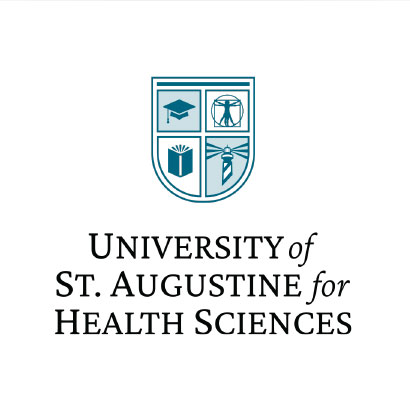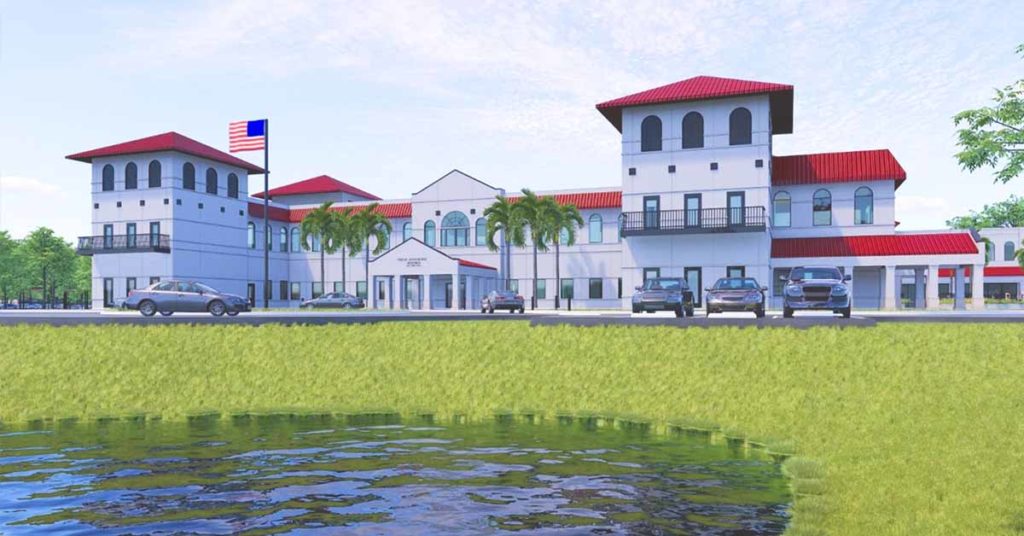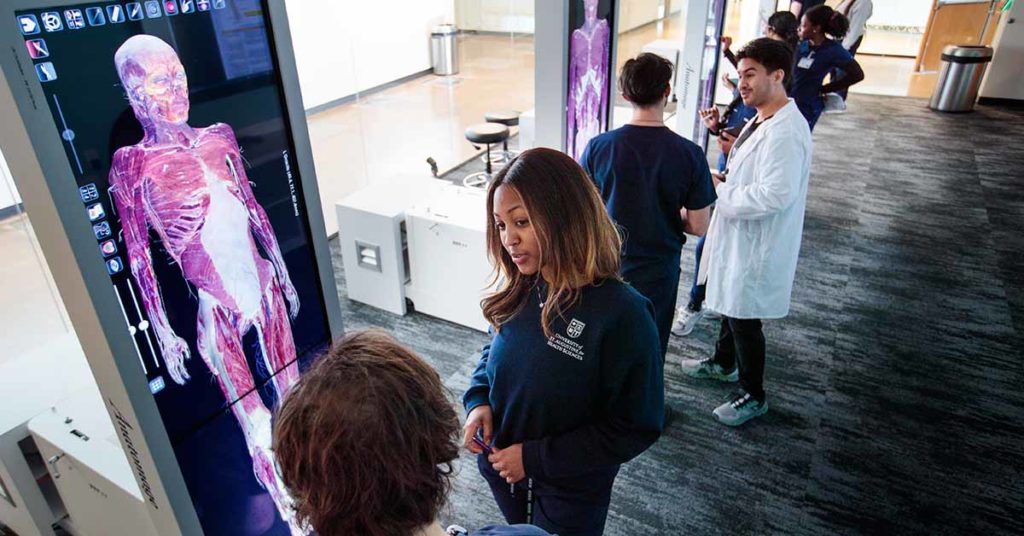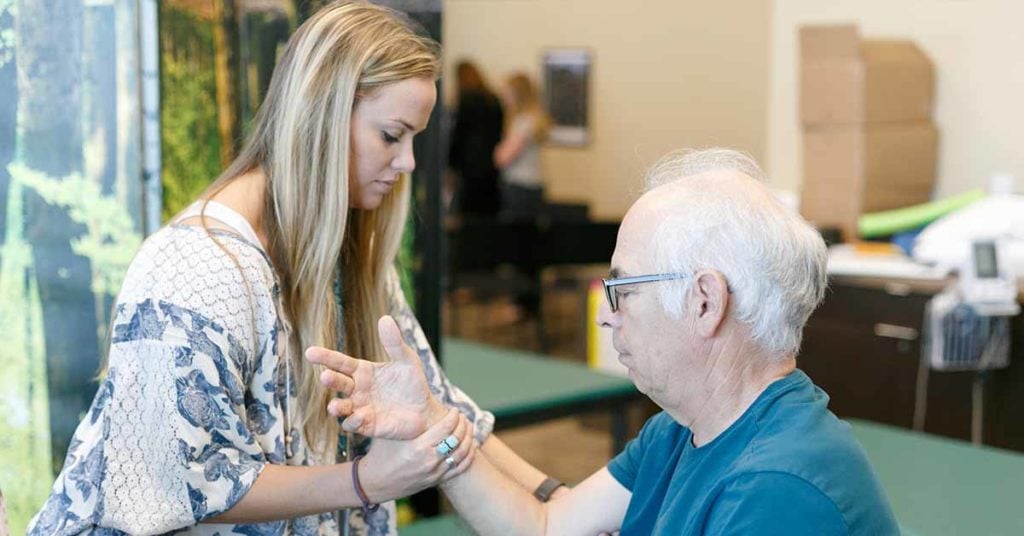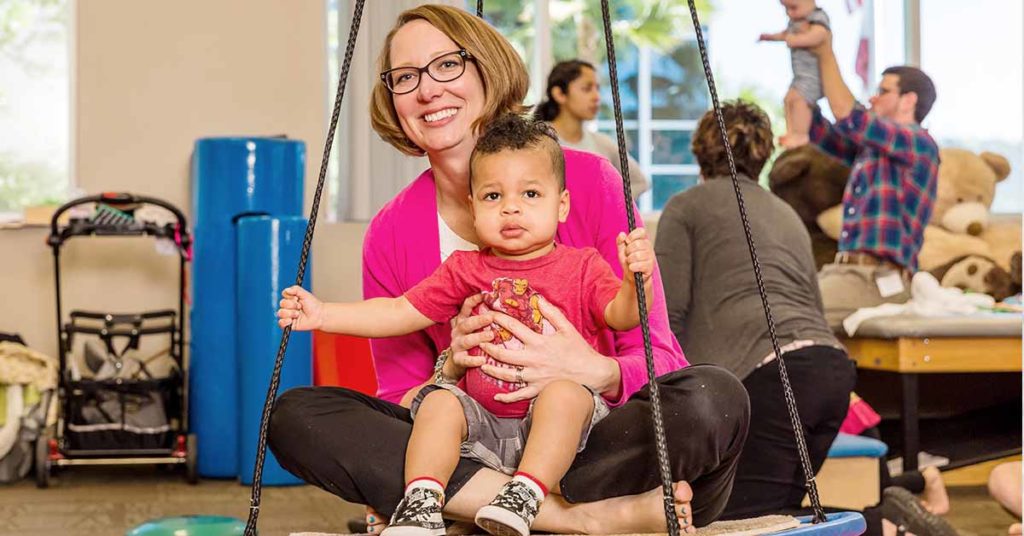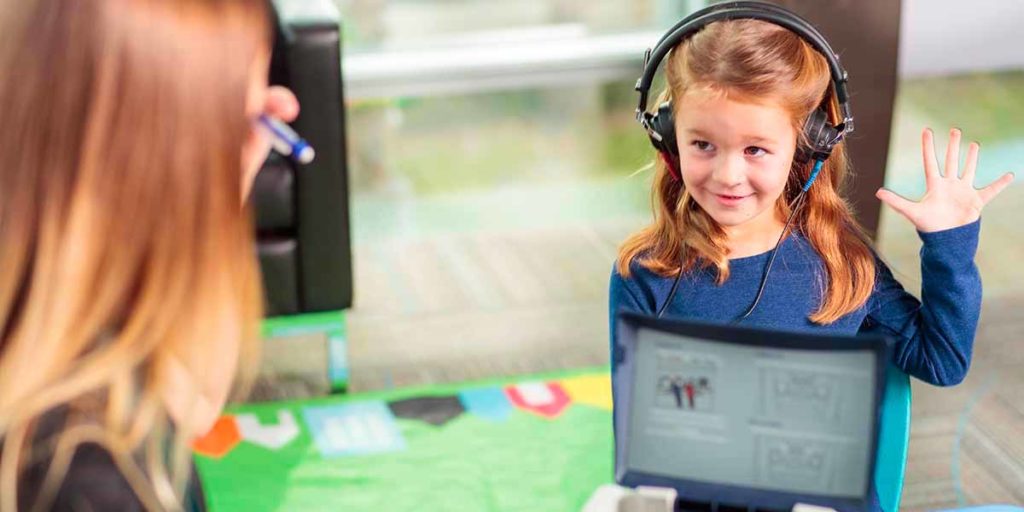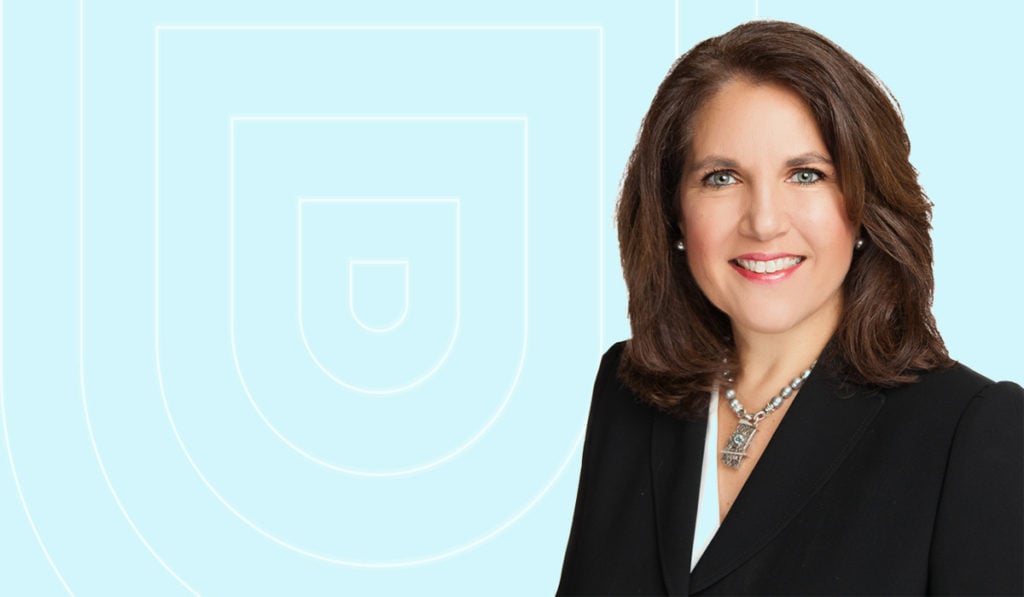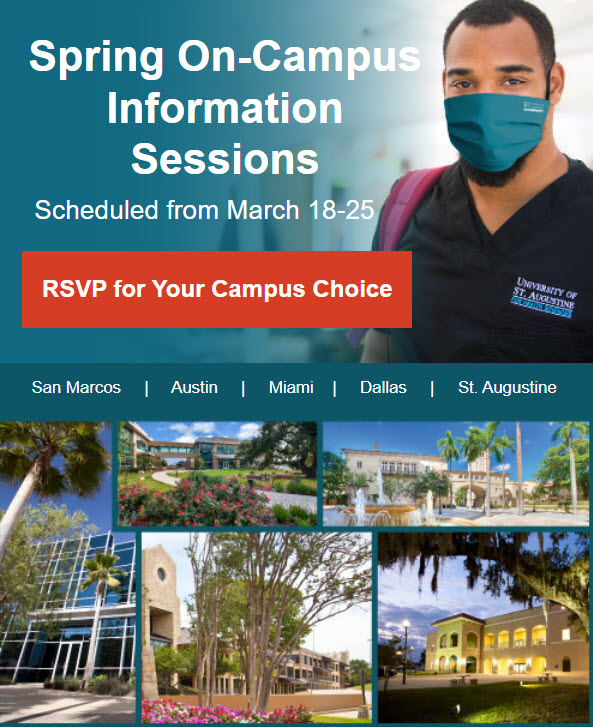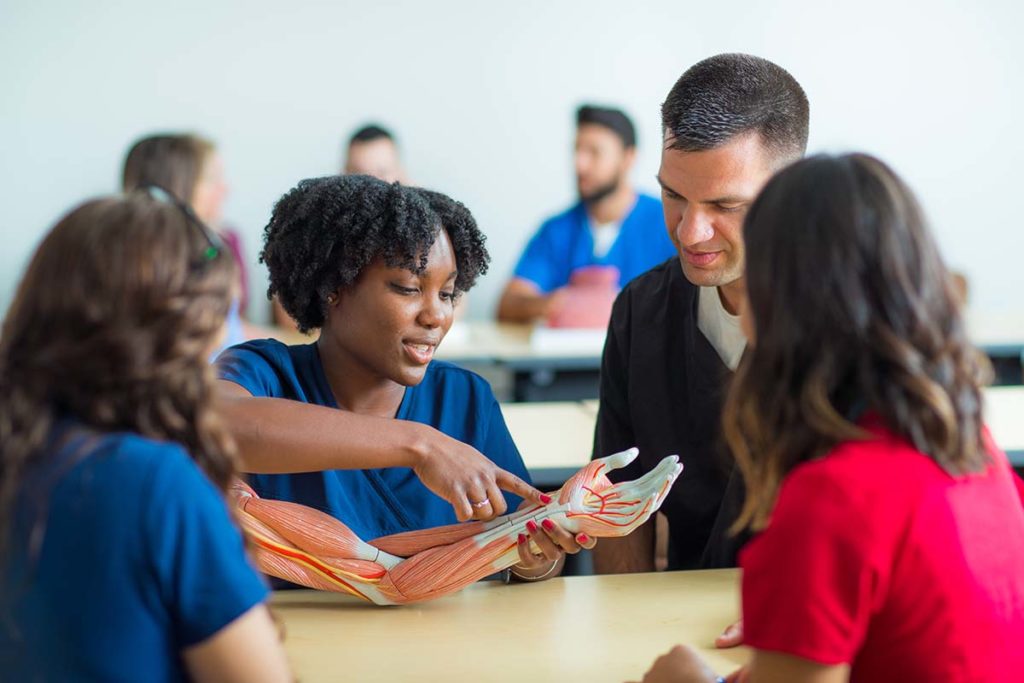

Advocacy: Working Together for a Better Future through Advocacy
Advocacy is about taking action and garnering support to bring change or awareness to a cause or issue. Through small but significant steps, such as writing letters, mentoring or speaking publicly, advocacy can occur in many impactful ways. Regardless of the chosen path, anyone can become an advocate with the goal to make things better—whether
